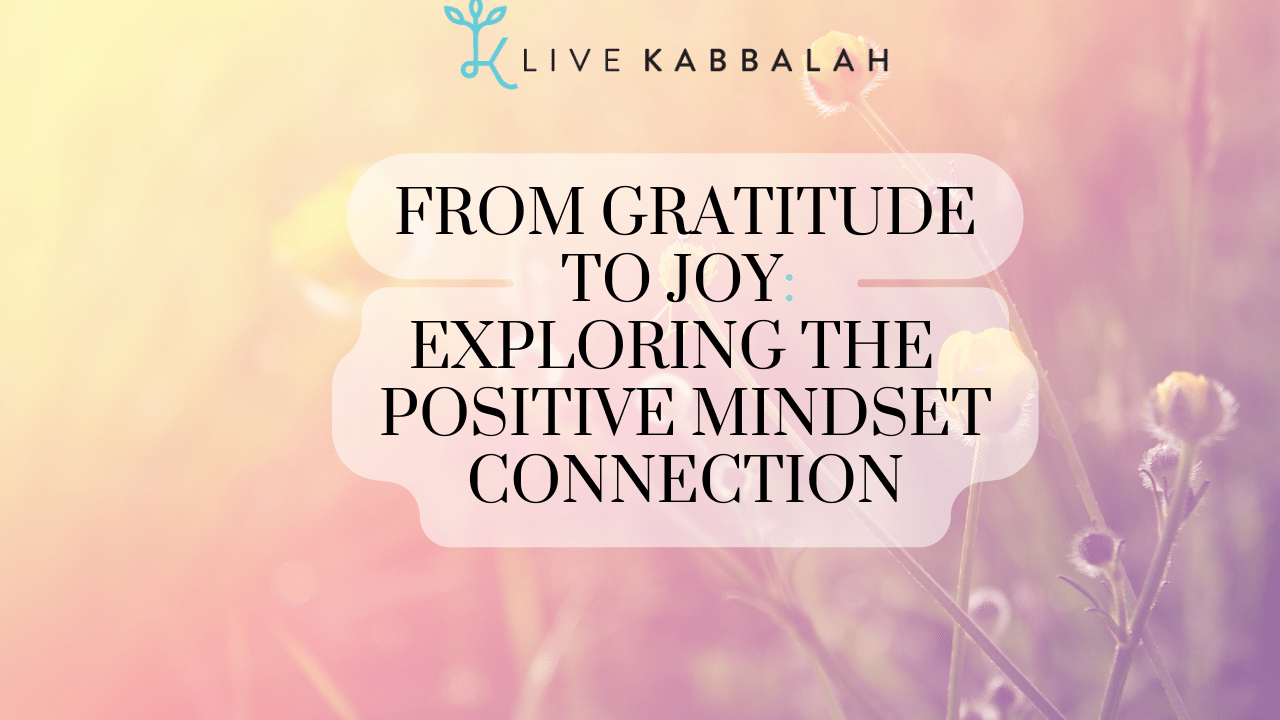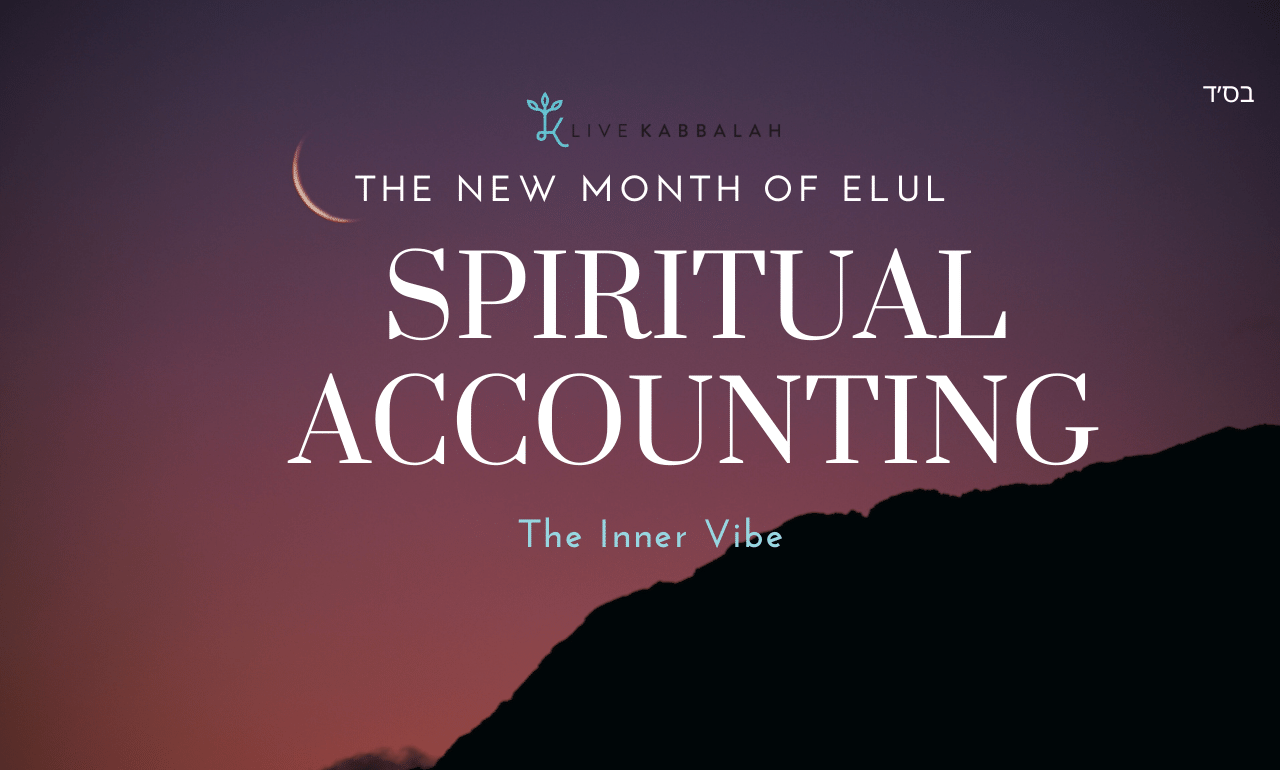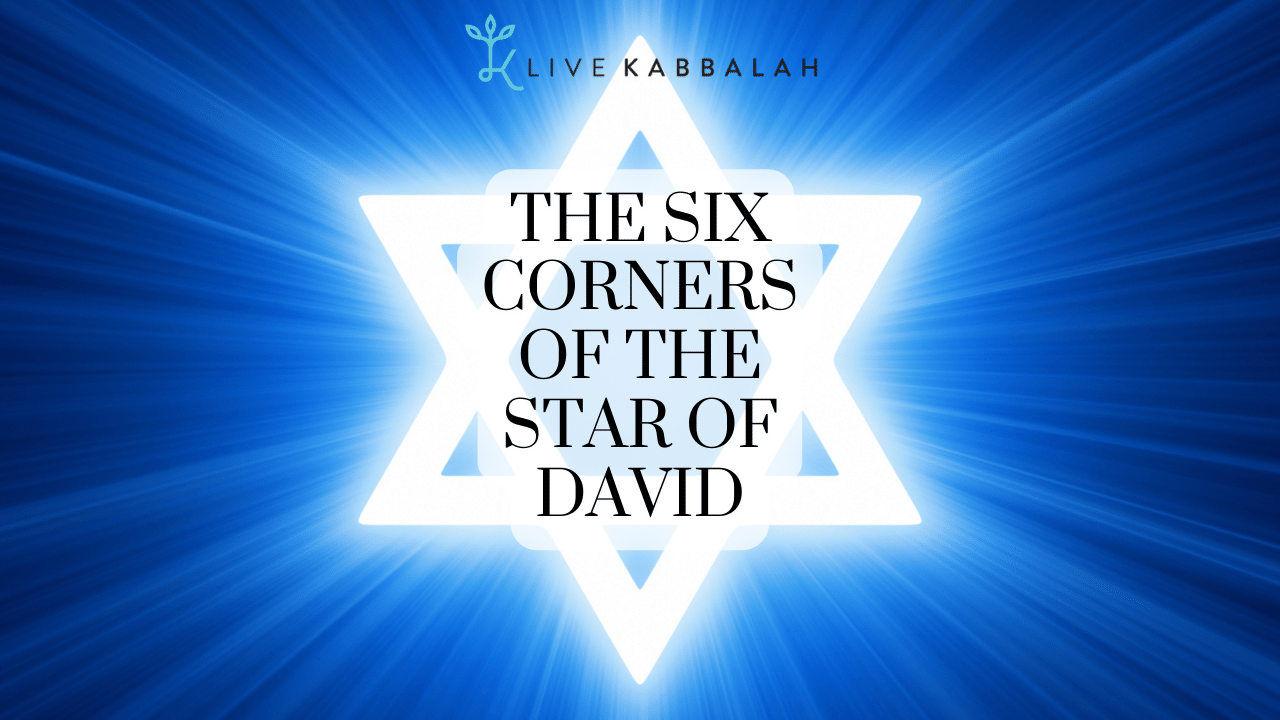Perspectives on Kabbalah, Conscious Living & Inner Growth
Finding Unity Within: Preparing for Rosh Hashana
Sep 08, 2023
Rabbi Amram Ben Diwan
Sep 05, 2023
The Legacy of The Ben Ish Chai
Aug 30, 2023
Rising Above Inner Battles
Aug 28, 2023
The Six Corners of the Star of David ✡
Aug 11, 2023
Sacred Pathways: The 42 Journeys & The Ana B'koach
Jul 14, 2023












